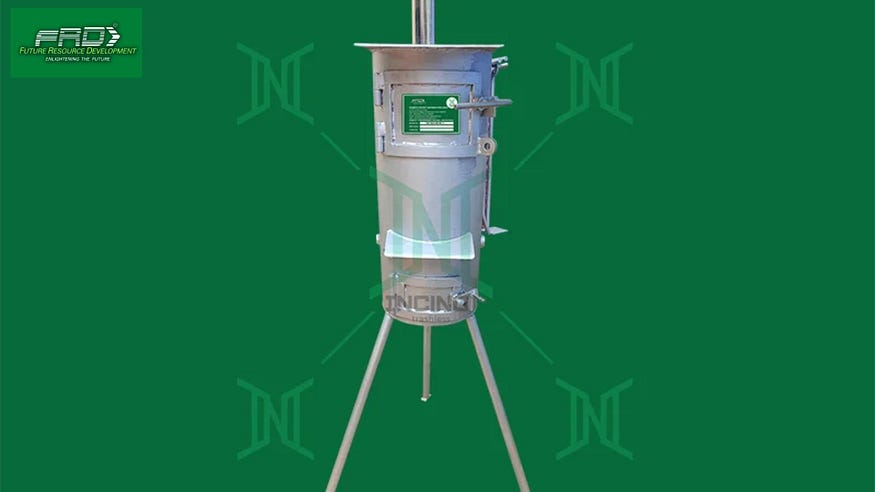Incinerators in Kerala: Modern Solutions for Effective Waste Disposal

With increasing urbanization and rising volumes of waste, Kerala has turned to modern solutions to address its waste management challenges. One such innovation is the use of incinerators in Kerala, designed to safely and efficiently dispose of non-recyclable waste.
What is an Incinerator?
An incinerator is a high-temperature furnace used to burn waste materials. This process significantly reduces the volume of solid waste and can even generate energy in the form of heat or electricity.
Why Kerala Needs Incinerators
- ✅ Urban Waste Surge:
With growing cities and towns, municipal solid waste is becoming harder to manage through conventional landfill methods. - ✅ Lack of Space:
Kerala’s dense population and limited land availability make landfilling unsustainable in the long run. - ✅ Faster Waste Disposal:
Incineration drastically reduces waste volume and curbs the spread of diseases caused by unmanaged garbage. - ✅ Energy Recovery:
Modern incinerators in Kerala are equipped to generate usable energy during the combustion process, turning waste into a resource.
Government Initiatives Supporting Incinerators in Kerala
The state government and local bodies have initiated several projects to install community-level incinerators and industrial waste incineration units. These projects are aimed at:
- Managing hospital and biomedical waste
- Reducing landfill dependency
- Complying with environmental norms
Prominent municipalities including Thiruvananthapuram, Kollam, and Ernakulam have already implemented waste incineration units in select areas.
Types of Incinerators in Use
- Municipal Solid Waste (MSW) Incinerators
- Biomedical Waste Incinerators
- Industrial Waste Incinerators
- Mobile Incineration Units
Each of these is tailored to handle specific waste categories with minimum environmental impact.
Environmental Concerns & Safeguards
While incinerators offer many benefits, improper use can lead to air pollution. Hence, Kerala Pollution Control Board (KSPCB) ensures that incinerators follow strict emission guidelines, including:
- Use of advanced filters and scrubbers
- Continuous emission monitoring systems
- Periodic environmental audits
The Future of Waste Management in Kerala
Kerala aims to adopt more eco-friendly, decentralized waste management systems. Incinerators will play a vital role alongside composting, recycling, and biogas production. Innovations like waste-to-energy plants are also being considered to reduce the state’s environmental footprint.
Conclusion
As sustainability becomes a priority, incinerators in Kerala are proving to be a critical component in the state’s waste management strategy. With proper regulation and public awareness, they offer a cleaner, safer, and more efficient way to deal with waste.

Comments
Post a Comment